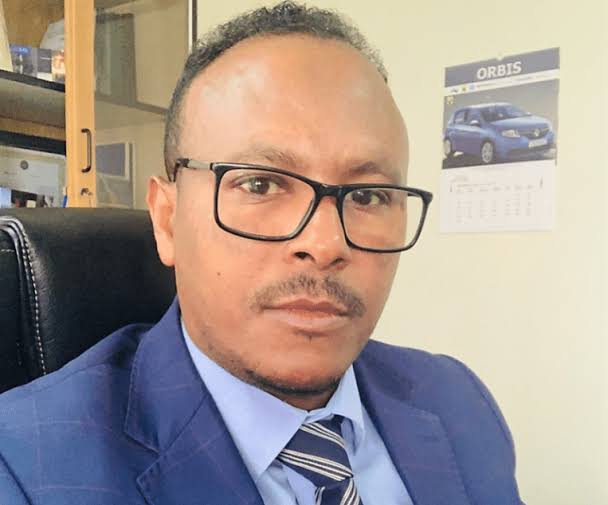Ethiopia To Welcome New Telecom Entrants February
The Ethiopian Communication Authority (ECA) is planning to release an expression of interest for a third telecom provider in early February 2023, according to the authority’s Director General.
This follows the authority’s publication of a call for stakeholder engagement for the third telecoms operating licence on November 16, 2022.

“ECA has now resumed the licensing process for a third license or the second new full-service nationwide telecommunications license,” said Balcha Reba, ECA Director General, indicating that the country has huge potential to serve an additional telecom operator. “We have invited different international consultation companies to evaluate the document,” he added.
Read also Ethiopia is Delivering on its Commitment to Restoring Services Across Tigray Region
As stated by Balcha, “Preparations are underway to float an expression of Interest to bring potential investors who can acquire the third licence or the second new full-service licence.” The regulator has been keen to invite potential bidders and any interested parties to participate in a consultation process.
The licence will be granted through a competitive procurement procedure, per the stakeholder consultation paper, and it will happen in the first quarter of 2023.
Similar to this, it will post an expression of interest in early February that will remain up for a month after evaluating the coverage of all answers from stakeholders for the upcoming month. Regarding other financial endeavours, it is claimed that after meeting the National Bank of Ethiopia’s conditions, the prospective new entrant will be permitted to offer mobile financial services.
In order to advance the implementation of the government’s economic reform agenda and to increase competition in the telecommunications sector in the context of bettering market conditions, the government announced its decision to move forward with the reform of Ethiopia’s telecommunications sector in October 2018.
In June 2020, the government put out a request for proposals for two extra telecom licences, and after only one new operator was chosen, the ECA cancelled the B bid for the other licence.
Read also Export Marketing Plan Training Boosts African Tech Entrepreneurs’ Place in Global Marketplace
Following the cancellation, on September 28, 2021, ECA released a Request for Proposal (RFP) for the second brand-new full-service countrywide Telecommunications Service License, and the bidding process was still active at that time. However, the procedure came to an end in December 2021 after ECA announced that the bidders had temporarily withdrawn their bids. In a message to the industry, ECA stated that it had received “concerns and requests from multiple prospective bidders to delay the process” regarding the follow-up.
After failing twice, the bid is now refloated for a third time.
On May 31, 2021, the ECA granted the Global Partnership for Ethiopia (“License A”), a private partnership made up of Safaricom (Kenya), Vodafone Group (UK), Vodacom Group (South Africa), CDC Group (UK), and Sumitomo Corporation (Japan), now doing business as Safaricom Telecommunications Ethiopia, Ethiopia’s first-ever competitively-tendered Unified Telecommunications Operator License.
The government is currently selling a 40% interest in the publicly traded Ethio Telecom.
Ethiopia telecom Ethiopia telecom
Charles Rapulu Udoh

Charles Rapulu Udoh is a Lagos-based lawyer, who has several years of experience working in Africa’s burgeoning tech startup industry. He has closed multi-million dollar deals bordering on venture capital, private equity, intellectual property (trademark, patent or design, etc.), mergers and acquisitions, in countries such as in the Delaware, New York, UK, Singapore, British Virgin Islands, South Africa, Nigeria etc. He’s also a corporate governance and cross-border data privacy and tax expert.
As an award-winning writer and researcher, he is passionate about telling the African startup story, and is one of the continent’s pioneers in this regard



